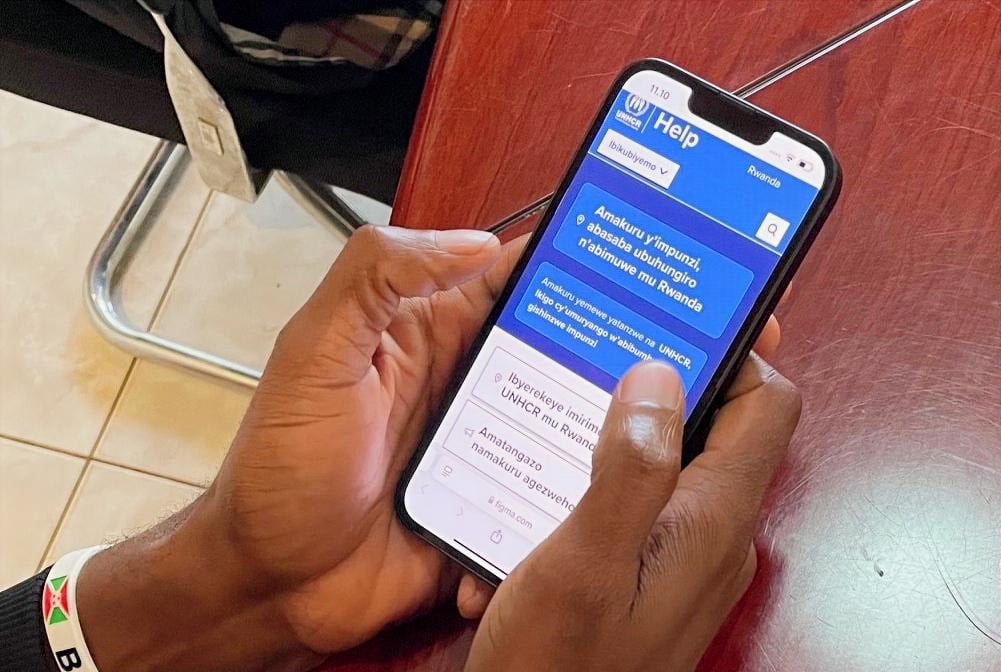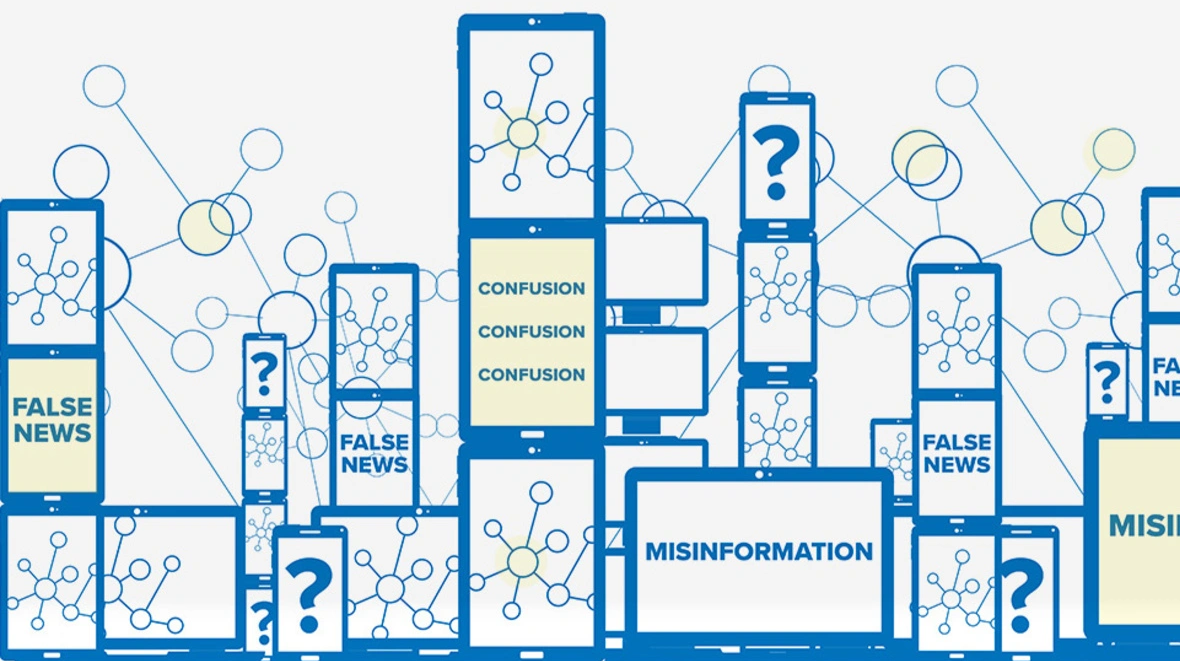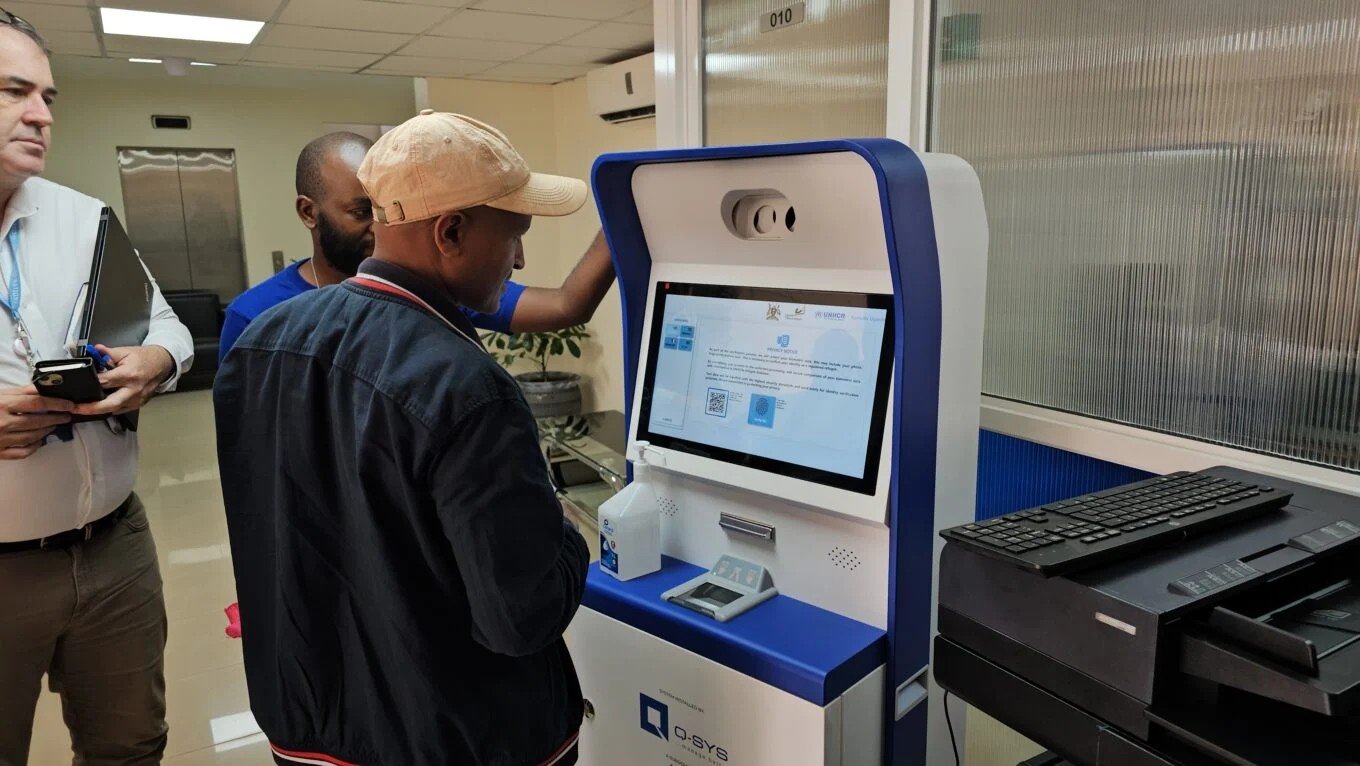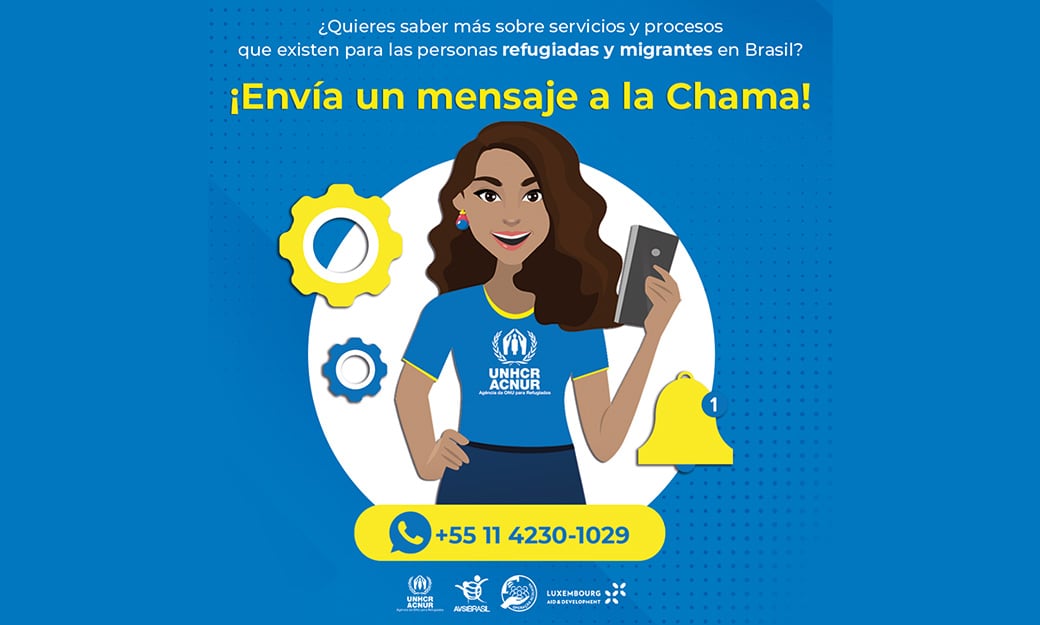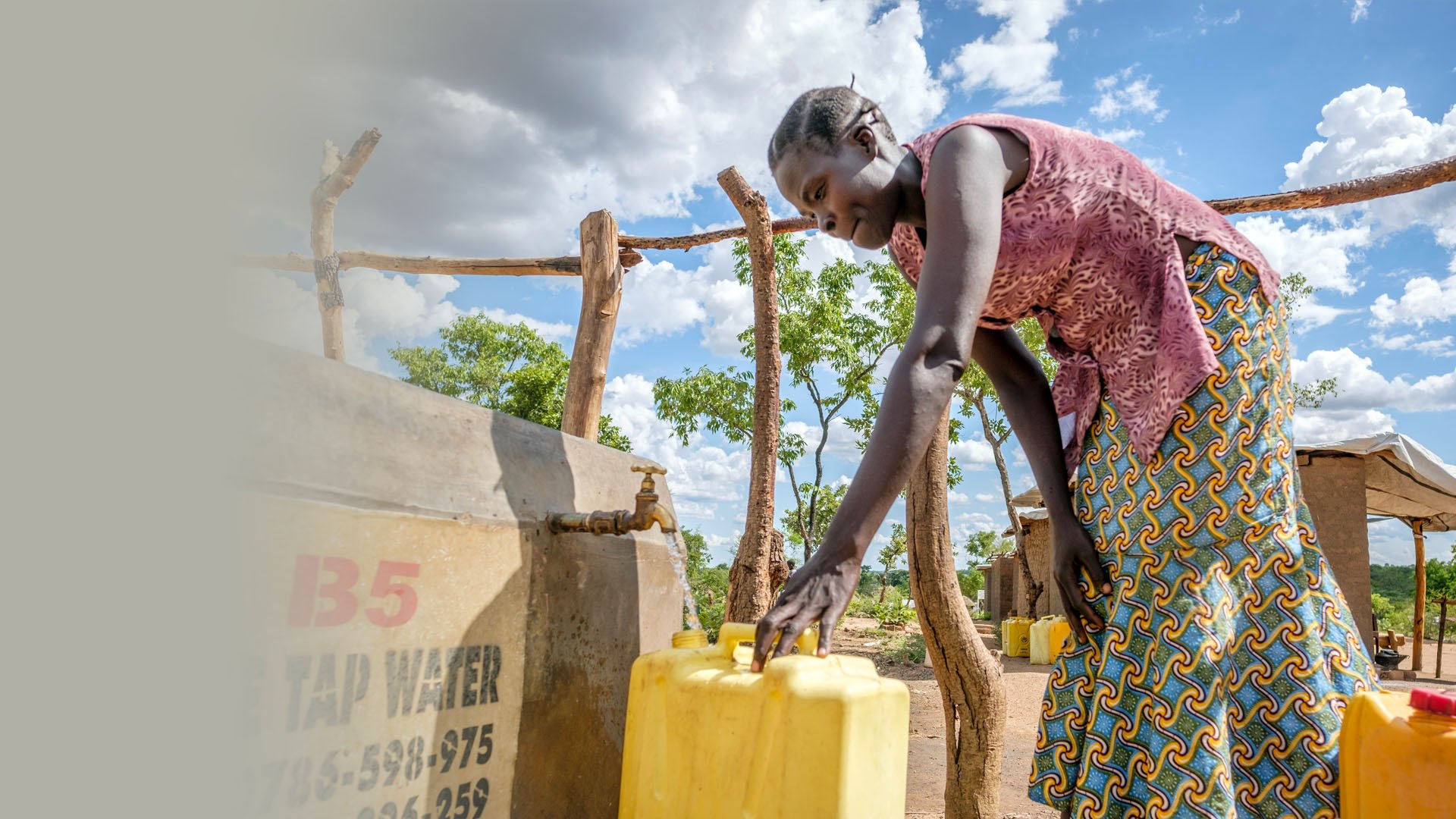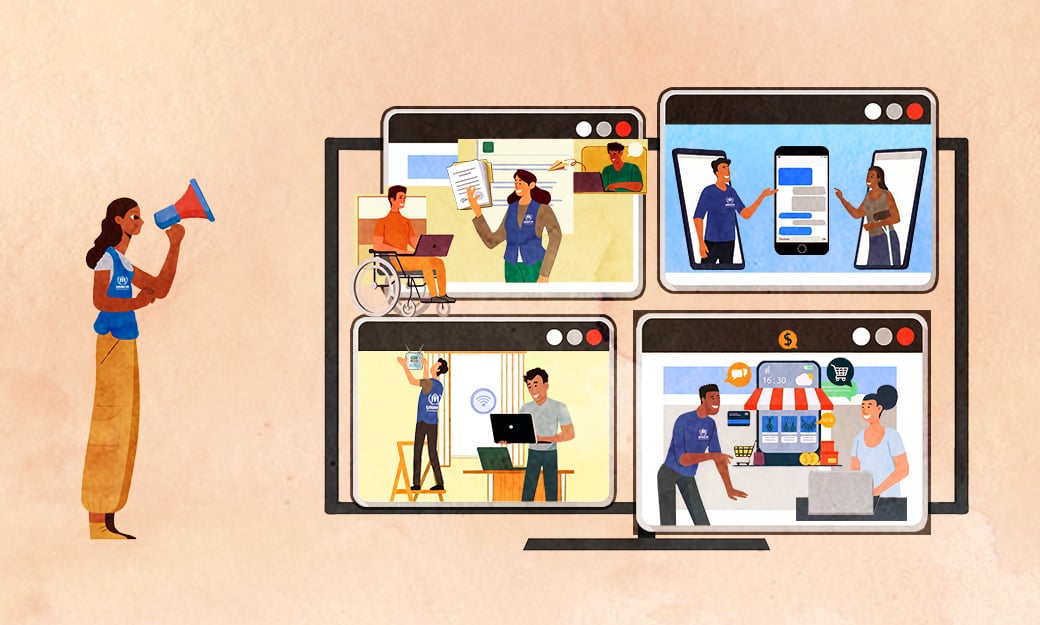
PRIORITY OUTCOME
DIGITAL
ENGAGEMENT
Outcome
UNHCR delivers impact-led digital strategies that increase audience engagement with our work and strengthen protection, solutions and resource mobilization.
Photo credit: © UNHCR/Jaime Giménez
Current context
Digital developments have transformed the behaviours and expectations of UNHCR’s external audiences – whether those be governments, partners, individual supporters or others.
In improving our digital engagement with our external audiences, UNHCR will consider these key contextual factors:
- Most UNHCR offices have basic tools to monitor the use of our digital channels by audiences. However, there is a need to generate richer insights through more sophisticated audience analysis tools and training in audience research techniques.
- Research shows that our audiences consider UNHCR an authoritative source of data about the communities we serve. However, they seek enhanced ways of interacting with the data we offer, ranging from simplified summaries and visualizations to raw datasets.
- Currently, UNHCR manages a diverse portfolio of external websites, social media accounts and digital communications products, contributing to a fragmented digital presence.
- UNHCR should increase efforts to design content for local engagement. This applies to content gathering and production, the ability to extract and showcase locally relevant data, and working with local digital content creators.
- Digital communication partnerships can have huge benefits; they can lead to greater creativity, expand audiences and secure funding. This has been demonstrated in our past collaborations with large digital partners, influencers and creators.
- Audiences now expect two-way communication on digital channels. While UNHCR has incorporated some two-way communication into its work, including in community management on social media, increased staff capacity and training will allow us to go further.
- Currently, the teams managing UNHCR’s digital channels are equipped to monitor basic performance metrics through the native analytics tools of each platform. UNHCR will seek to expand the use of more robust methods to measure results, in order to reach the next level of effectiveness.
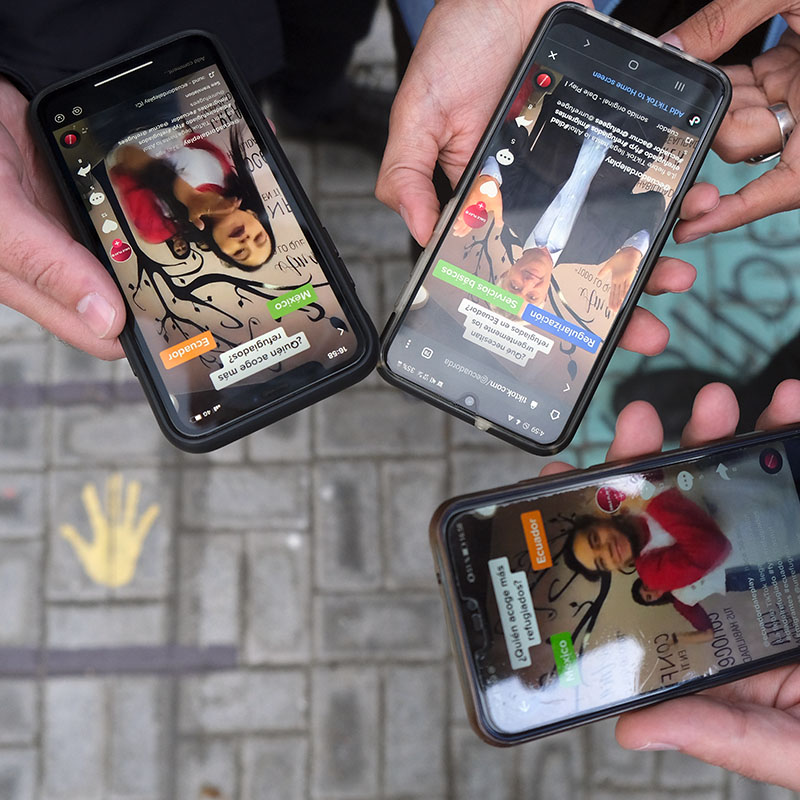
Young people participate in Dale Play, an initiative of UNHCR and Telefónica Ecuador Foundation that seeks to strengthen the capacities of young leaders, both refugees and from the host community, so they can become spokespeople to spread important messages to the community through social media. ©UNHCR/Santiago Escobar-Jaramillo
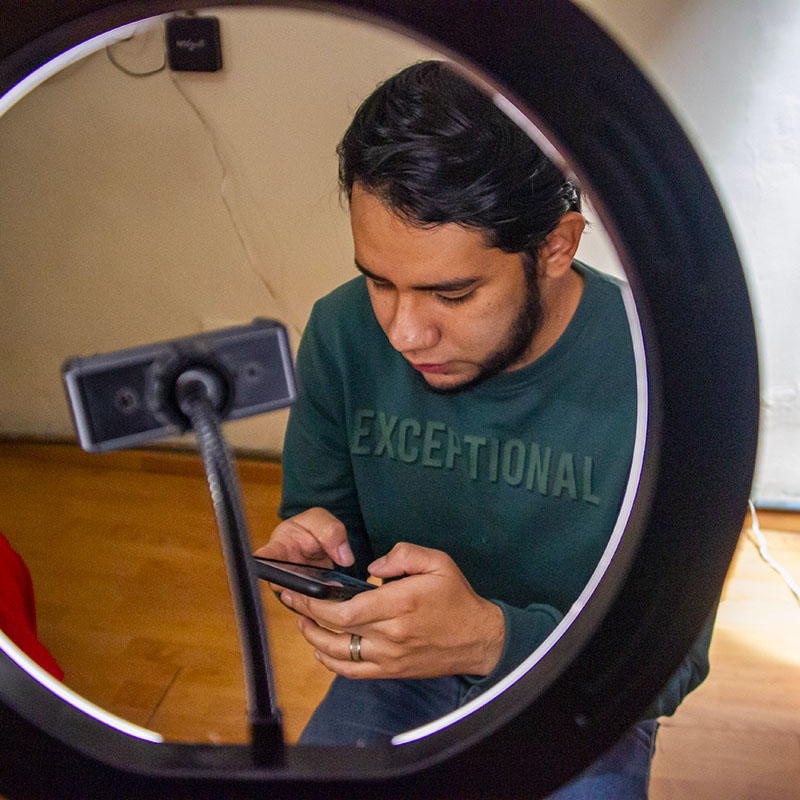
Leonel, a young Venezuelan influencer, publishes videos on his social networks with useful information for refugees and migrants living in Ecuador. ©UNHCR/Santiago Escobar-Jaramillo
Five-year results
By the end of 2026, UNHCR will have:
- Mobilized resources more efficiently and from a broader range of sources.
- Strengthened partnerships and reached out to and engaged new audiences to generate increased support for a more positive protection environment for the communities we serve.
- Provided our key audiences with seamless, relevant and accessible digital experiences, including timely and actionable information.
- Enabled partners to more easily access the data, guidance and other resources they require from UNHCR, to provide support and services to the communities we serve.
- Strengthened our ability to attract and enable strong partnerships across all areas of the strategy.
Priority actions
- Convene relevant stakeholders, including the communities we serve, at country, regional and global level through action-oriented working groups in support of digital inclusion.
- Work with relevant ministries and authorities to ensure that forcibly displaced and stateless communities are included within government strategy, planning and budgeting across key issues ranging from broader technology access to specific sectors such as education and health.
- Accelerate Private Partnerships, moving beyond traditional partnership modalities to new and innovative arrangements designed to strengthen digital inclusion, improve access to jobs, technology, knowledge, and guidance.
- Promote community-led approaches and local ownership of digital solutions by working with refugee-led and community-based organizations.

Participants show their support for UNHCR’s #StepWithRefugees campaign at a half marathon in Cúcuta, Colombia. ©UNHCR

